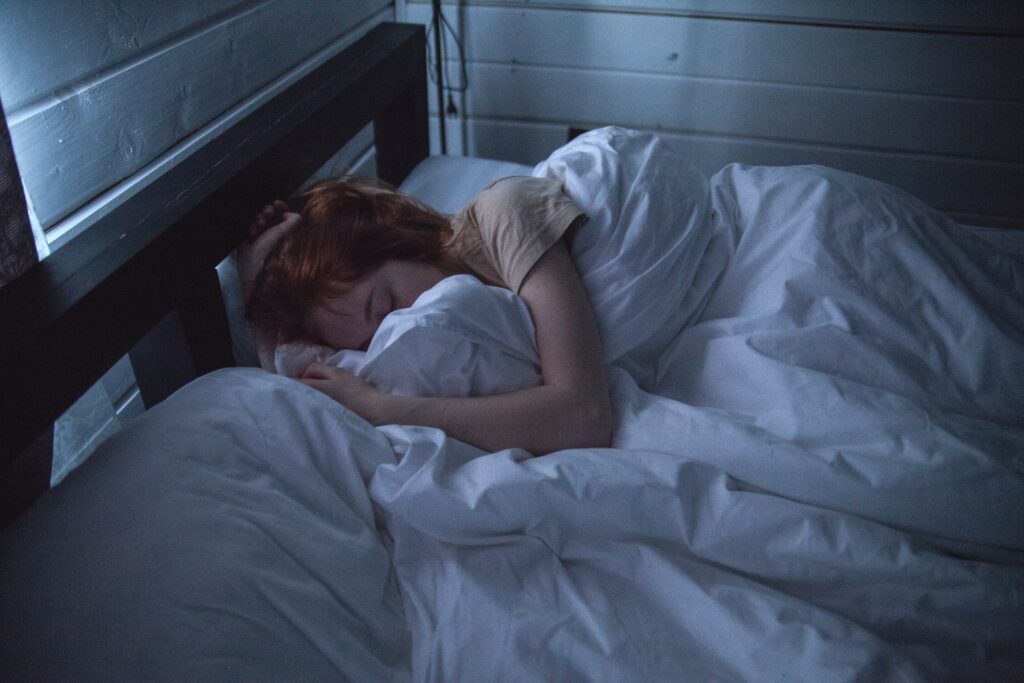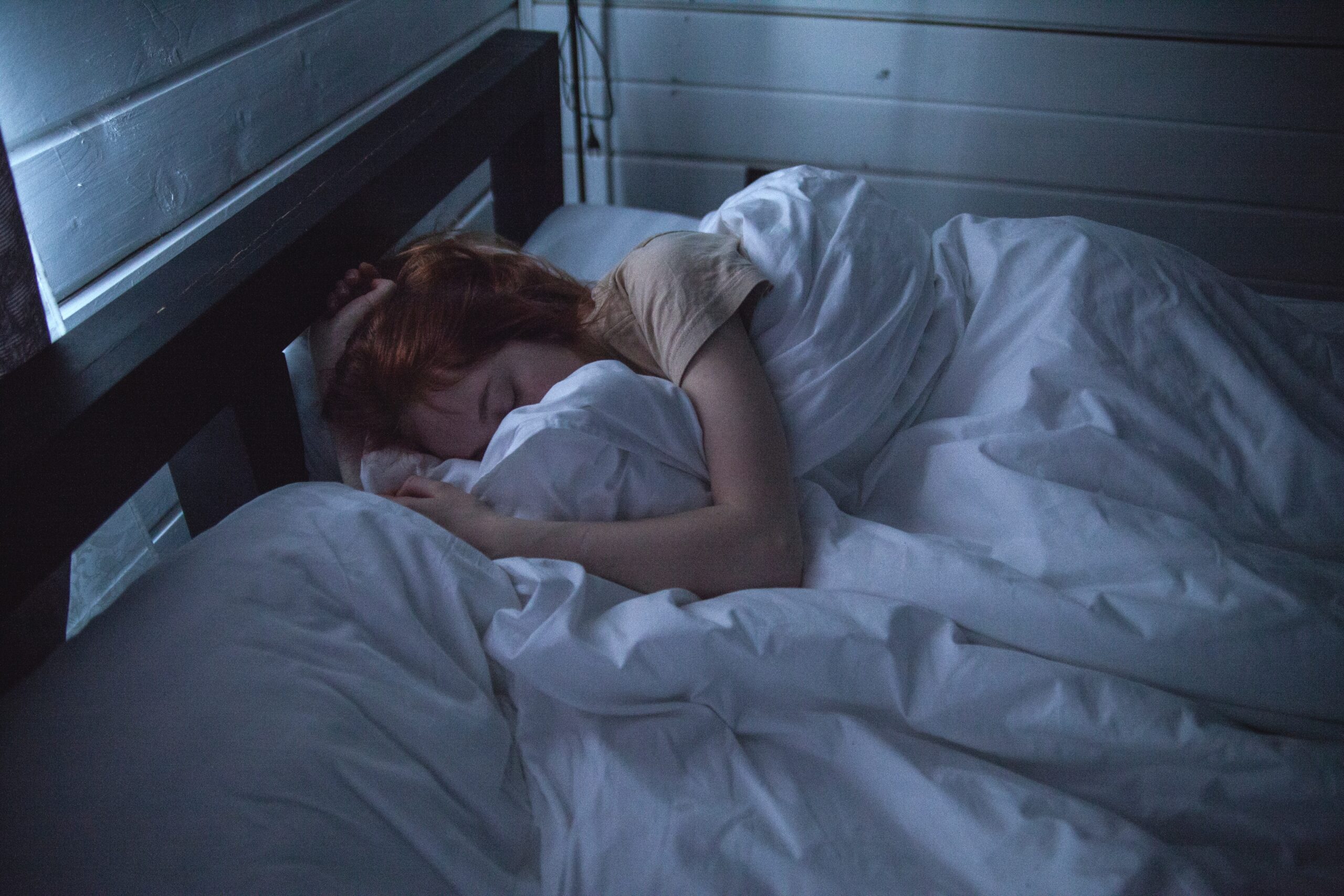
Sleep is an enigmatic and essential part of our lives. We spend roughly one-third of our lives asleep, and the quality of that sleep significantly impacts our overall well-being. Yet, the secrets of sleep remain largely unexplored by many. In this journey into the world of slumber, we’ll uncover unique and fascinating information that can help you harness the incredible power of a good night’s rest.
Chapter 1: The Science of Sleep
1.1. The Sleep Cycle
- NREM and REM: Discover the intricate stages of the sleep cycle, including the mysterious REM (Rapid Eye Movement) stage, where dreams unfold.
1.2. Circadian Rhythms
- The Body Clock: Unravel the science of our internal body clock and how it governs our sleep-wake patterns.
Chapter 2: Sleep Secrets for Better Rest
2.1. The Power of Sleep Cycles
- Timing is Everything: Learn how to optimize your wake-up time by understanding your sleep cycles, leading to a more refreshed morning.
2.2. Temperature Matters
- Cooler Sleep: Explore why a slightly cooler room can be the secret to a good night’s sleep and how it aligns with your body’s natural temperature drop.
2.3. The Influence of Food
- Eat to Sleep: Discover the foods that can promote better sleep and the ones to avoid before bedtime.
Chapter 3: Unmasking Sleep Disorders
3.1. Sleep Apnea
- The Silent Disruptor: Understand sleep apnea and its impact on your rest, and explore treatments that can change your life.
3.2. Insomnia
- The Sleep Thief: Dive into the world of insomnia, its causes, and effective non-pharmacological treatments like CBT-I.
Chapter 4: The Mind-Body Connection
4.1. Meditation and Mindfulness
- Calm the Storm: Learn how meditation and mindfulness can reduce stress and anxiety, paving the way for peaceful slumber.
4.2. Yoga for Better Sleep
- Asanas for Zzzs: Explore yoga’s role in promoting relaxation, reducing muscle tension, and preparing your body for restful sleep.
Chapter 5: Sleep and Dreams
5.1. The Purpose of Dreams
- Dreamscape Mysteries: Delve into the intriguing world of dreams and their potential functions in our lives.
5.2. Lucid Dreaming
- Take Control: Learn how to unlock the ability to control and explore your dreams through lucid dreaming techniques.
Chapter 6: Sleep for Creativity and Memory
6.1. Sleep and Creativity
- Innovate in Your Sleep: Discover how a good night’s sleep can boost your creative thinking and problem-solving skills.
6.2. Memory Consolidation
- Remembering to Remember: Explore the vital role of sleep in consolidating memories and enhancing learning.
Chapter 7: Sleep Across the Lifespan
7.1. Sleep Needs Change with Age
- From Cradle to Golden Years: Understand how sleep requirements vary throughout life and adapt your sleep patterns accordingly.
Chapter 8: Mastering Sleep Hygiene
8.1. Establishing a Bedtime Routine
- The Ritual of Sleep: Learn the importance of a consistent bedtime routine and what activities can help you prepare for a peaceful night.
8.2. The Role of Technology
- Digital Detox for Rest: Explore how the use of electronic devices before bedtime can disrupt your sleep and how to establish a digital curfew.
Chapter 9: The Importance of Naps
9.1. Power Naps
- Short Break, Big Benefits: Discover the art of power naps and how they can boost your alertness and productivity.
Chapter 10: Sleep Disorders in Children
10.1. Childhood Sleep Disorders
- Troubled Dreams of the Young: Recognize common sleep disorders in children and explore ways to improve their sleep quality.
Understanding the basic science behind sleep is the first step to unlocking its secrets.
- The Sleep Cycle
Sleep is not a uniform state; it consists of several stages that repeat throughout the night. The sleep cycle comprises four main stages: NREM (Non-Rapid Eye Movement) stages 1, 2, and 3, and REM (Rapid Eye Movement) sleep. Each stage serves a unique purpose in restoring and rejuvenating the body and mind.
- Circadian Rhythms
Our internal body clock, known as the circadian rhythm, regulates the timing of sleep and wakefulness. This natural biological clock is influenced by external factors like light and temperature and plays a significant role in determining our sleep-wake patterns.
Sleep Secrets for Better Sleep
Now that we understand the science behind sleep, let’s explore some unique sleep secrets that can help improve the quality of your sleep.
- The Power of Sleep Cycles
Timing your wake-up time based on sleep cycles can lead to more restorative sleep. Waking up during the lighter stages of sleep, such as NREM stage 2, can leave you feeling refreshed and alert.
- Temperature Matters
Creating the ideal sleep environment involves regulating room temperature. A slightly cooler room temperature (around 65-68°F or 18-20°C) can promote better sleep, as it mimics the drop in core body temperature that naturally occurs during the night.
- The Influence of Food
What you eat can impact your sleep. Consuming heavy meals, caffeine, or alcohol close to bedtime can disrupt your sleep patterns. Opt for sleep-friendly foods like cherries, almonds, and herbal teas to promote better sleep.
Sleep Disorders and Solutions
Many individuals struggle with sleep disorders, which can significantly affect their daily lives. Understanding these conditions and their solutions is crucial.
- Sleep Apnea
Sleep apnea is a common disorder characterized by brief interruptions in breathing during sleep. Continuous Positive Airway Pressure (CPAP) therapy is one of the most effective treatments for sleep apnea.
- Insomnia
Insomnia is the inability to fall asleep or stay asleep. Cognitive Behavioral Therapy for Insomnia (CBT-I) is a proven non-pharmacological treatment option that can help individuals overcome this condition.
The Mind-Body Connection
- Meditation and Mindfulness
Practicing meditation and mindfulness techniques can reduce stress and anxiety, leading to more peaceful sleep. These practices encourage relaxation and help quiet the mind, making it easier to drift into slumber.
- Yoga for Better Sleep
Yoga is a holistic approach to improving sleep quality. Certain yoga poses and sequences can promote relaxation, reduce muscle tension, and prepare your body for restful sleep.
Sleep and Dreams
- The Purpose of Dreams
Dreams have fascinated humans for centuries. While the exact purpose of dreams remains a subject of debate, they serve several functions, including processing emotions and consolidating memories.
- Lucid Dreaming
Lucid dreaming is the ability to become aware that you are dreaming and even control the dream’s narrative. Learning to lucid dream can be an exciting way to explore the depths of your subconscious mind.
Sleep for Creativity and Memory
- Sleep and Creativity
A good night’s sleep can enhance creativity and problem-solving skills. During REM sleep, your brain is highly active and capable of forming new connections, leading to innovative ideas and solutions.
- Memory Consolidation
Sleep plays a vital role in consolidating memories. The process of moving information from short-term to long-term memory occurs predominantly during deep sleep stages, helping you retain knowledge and experiences.
Sleep Across the Lifespan
- Sleep Needs Change with Age
Sleep requirements vary throughout life. Babies and young children need more sleep, while older adults may find they require less. Understanding these changes can help you adapt your sleep patterns accordingly.
Sleep Hygiene
- Establishing a Bedtime Routine
Creating a consistent bedtime routine signals to your body that it’s time to wind down and prepare for sleep. Activities like reading, taking a warm bath, or practicing relaxation exercises can be part of your routine.
- The Role of Technology
The use of electronic devices before bedtime can disrupt your sleep-wake cycle. The blue light emitted from screens suppresses melatonin production, making it harder to fall asleep. Consider implementing a digital curfew to improve sleep hygiene.
The Importance of Naps
- Power Naps
Short naps, typically lasting 20-30 minutes, can boost alertness and productivity without causing grogginess. Timing your nap wisely can help you reap the benefits without interfering with nighttime sleep.
Sleep Disorders in Children
- Childhood Sleep Disorders
Children can experience sleep disorders too, such as night terrors, sleepwalking, or bedwetting. Understanding these conditions and seeking appropriate treatment can improve a child’s sleep quality.
The Impact of Sleep on Mental Health
- The Bidirectional Relationship
There is a bidirectional relationship between sleep and mental health. Sleep problems can contribute to the development or exacerbation of mental health disorders, and vice versa. Prioritizing sleep is essential for maintaining good mental well-being.

